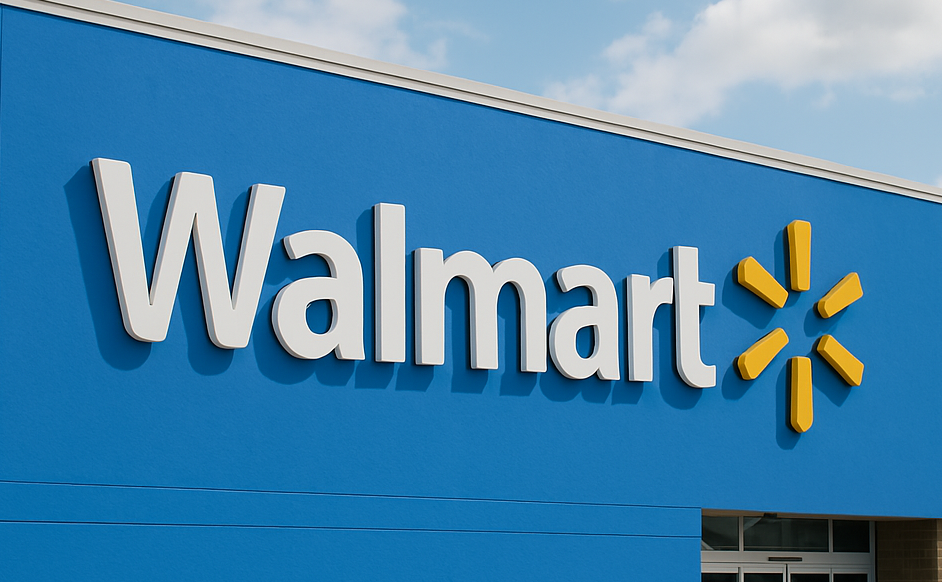Consumers Threaten to Boycott Walmart Because of Corruption

AI
Walmart, the world’s largest retailer, is currently navigating a complex landscape of consumer reactions following significant shifts in its corporate policies.
These changes, particularly concerning diversity, equity, and inclusion (DEI) initiatives, have sparked discussions and potential boycotts from various consumer groups.
Retraction of DEI Initiatives
In late 2024, Walmart announced a rollback of several DEI programs. The company ceased considering race and gender in supplier contracts, halted the collection of demographic data for financing eligibility, and discontinued racial equity training for staff.
Additionally, Walmart withdrew from participating in the Human Rights Campaign’s LGBTQ+ corporate rankings and decided to review its support for Pride events.

This decision was influenced by conservative activist Robby Starbuck, who threatened a customer boycott during the critical Black Friday shopping period. Starbucks’s campaign aimed to pressure Walmart into abandoning its DEI commitments, reflecting a broader trend of corporate retreats from diversity initiatives due to external pressures.
Consumer Reactions and Boycott Threats
The rollback of DEI policies has elicited mixed reactions from consumers. Some conservative groups have applauded Walmart’s decision, viewing it as a move away from “woke” corporate practices.
Conversely, progressive organizations and advocates for diversity have expressed disappointment, arguing that such actions undermine efforts toward inclusivity and equity in the corporate sector.

In response to these policy changes, various consumer groups have organized boycott movements. Notably, The People’s Union USA, led by John Schwarz, initiated an “economic blackout” on February 28, 2025, urging consumers to refrain from shopping at major retailers, including Walmart, to protest the rollback of DEI initiatives and perceived corporate corruption.
Impact on Walmart and the Retail Industry
The immediate financial impact of these boycotts on Walmart remains uncertain. While some consumers have pledged to redirect their spending to competitors who maintain robust DEI commitments, others continue to support Walmart, prioritizing factors such as pricing and convenience.
This situation underscores a broader challenge within the retail industry: balancing corporate values with consumer expectations. Companies are increasingly finding themselves at the intersection of social issues and business operations, where policy decisions can significantly influence brand perception and customer loyalty.
Walmart’s recent policy changes and the ensuing consumer reactions highlight the complexities of corporate decision-making in today’s socially conscious market.

As the retailer navigates this terrain, it faces the task of aligning its business strategies with the diverse values and expectations of its customer base. The outcome of this balancing act will likely have lasting implications for Walmart’s brand reputation and its position within the broader retail landscape.
You might also want to read: Neuromarketing: This Is How Ads Hack Your Brain


